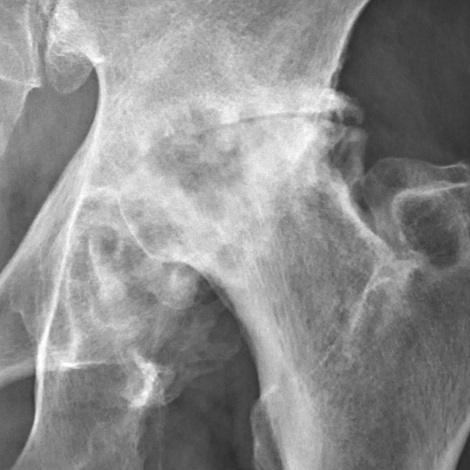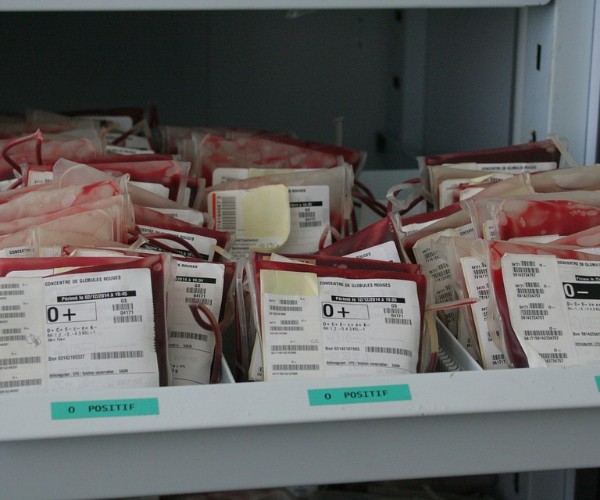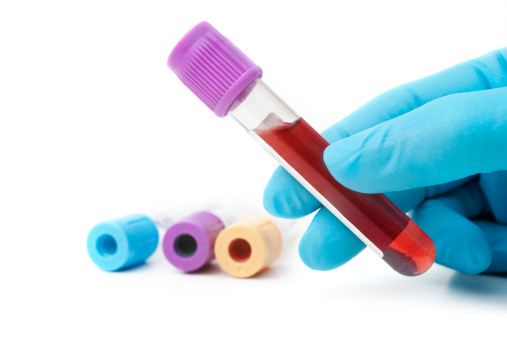Previous research had already shown that having psoriasis increases the risk of developing type 2 diabetes. A new study from King’s College London has sought to understand why this occurs; lead author Elizabeth Evans presented the findings at the recent Society for Endocrinology annual conference held in Glasgow.
British researchers studied human and animal skin samples, looking for any molecular alterations associated with psoriasis that might induce diabetes. In doing so, they identified, in the skin of mice with psoriasis, an inflammatory state and insulin resistance, a known risk factor for diabetes. This resistance means that cells do not respond properly to the hormone insulin and do not remove glucose from the bloodstream. Specifically, fat tissue was seen to absorb glucose less readily, and the researchers measured a reduction in levels of glucose transporter type 4, a receptor needed to move glucose into fat cells. In addition, beta cells in mice with psoriasis produced more insulin than those in unaffected mice: the trial authors believe this overproduction is an attempt to compensate for insulin resistance.
In short, the inflammation associated with psoriasis caused insulin resistance and increased insulin production.
But this is just the beginning of the research: now the team wants to identify which factors released by psoriatic skin may play a role in the development of diabetes. The survey results are expected to improve our understanding of this common skin disease and may also help us better understand diabetes.
Elizabeth Evans said, “If we can discover skin-derived factors that directly influence blood glucose control, we can pave the way for the identification of potential therapeutic targets for the treatment of diabetes or insulin resistance.”
Evans E. et al. Skin-endocrine regulation of whole-body metabolism. Endocrine Abstracts (2018) 59 P102.
https://it.wikipedia.org/wiki/File:Psoriasis_of_the_palms.jpg



































































































